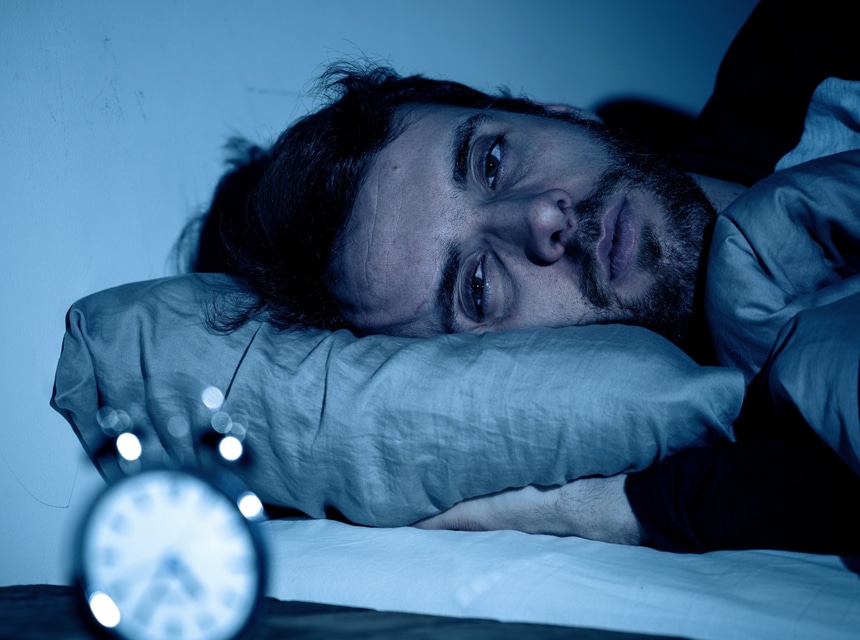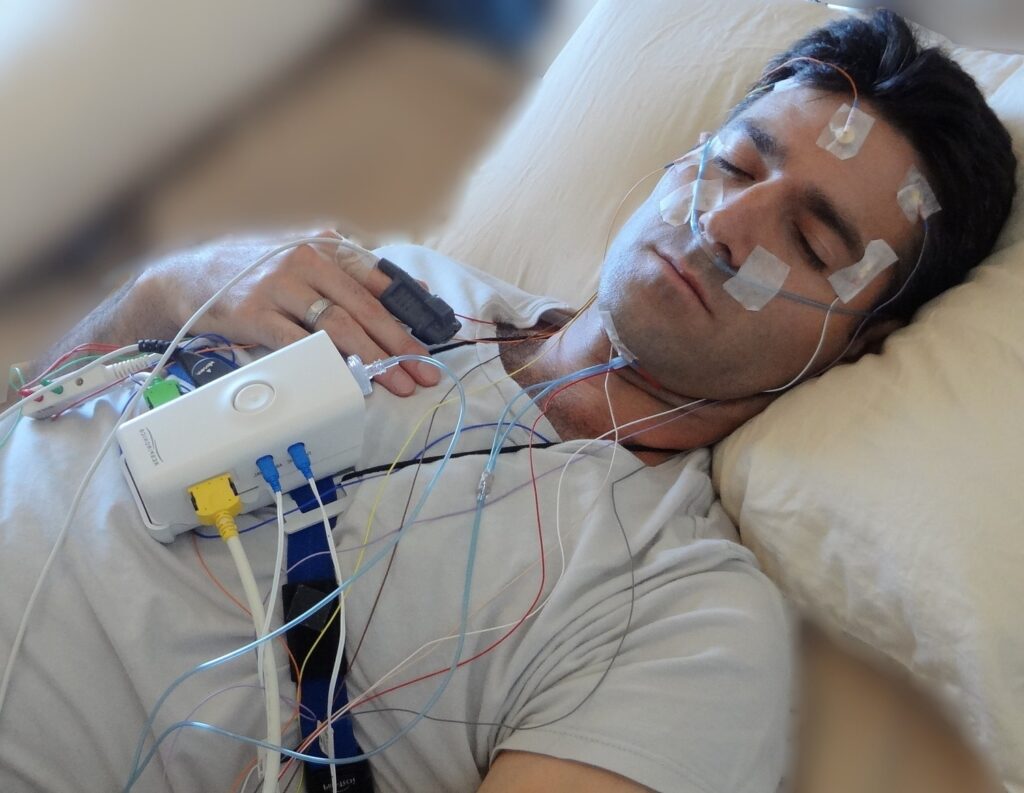

According to a new study in Canada, a person can experience a lack of sleep due to increasing global temperatures. Temperatures are increasing worldwide rapidly because of global warming.
Kelton Minor, a Ph.D. scholar at the University of Copenhagen, reveals in a study that increases in atmospheric temperatures will reduce the sleep of adults by 58 hours approximately in a year. K. Minor published this study on May 20 in which along with his team, they tracked individuals from 68 countries around the world from 2015 to 2017. Researchers used a wristband to monitor the sleep habits and routine of 48000 adults. After the acquisition of sleep patterns data of these adults, they integrate this data with global temperature rise and climate model projections data.
Kelton Minor said in an interview that there are a large number of population around the globe who get insufficient sleep. Although, a proper amount of sleep is necessary for normal brain functioning.
The research proves that the temperature of the atmosphere is directly related to the sleep hours of a human. The human body release heat at night and when the temperature comes down to a certain level, the body goes to sleep. However, when the outside temperature increases, the body takes a long time to cool down and the longer it takes to sleep. The delay causes a decrease in sleep time and ultimately leads to sleep deprivation. Correspondingly, the human body is more adapting to colder climates rather than the warmer atmosphere.
The research team found that an adult gets 14 minutes less sleep when the temperature is more than 30 degrees Celsius at night. However, when there are 5 to 10 degrees Celsius, they get more than 7 hours of sleep.
A statistical portion of the study points out that, people are getting 44 hours of sleep deprivation in a year due to the surge in temperature. Comparing the data with climate models shows that in the future people will get 58 hours of less sleep in a year which is equal to 13-15 nights without proper sleep.
According to Minor’s study, more heat causes disturbed sleep at night which has adverse effects on human health. Past research proved that lack of sleep causes serious health issues in humans. That is why many accidents happen in hot weather in comparison to cold weather due to a rise in stress levels, anger, and frustration.
Minor’s research team also discovered that the sleep shortage due to an increase in temperature has varying effects on different age groups of people. Old age people are affected almost double than younger. It also depends on gender females experienced a lack of sleep more than males in a hotter environment.
Moreover, the study found that using air conditions can eliminate this sleep deficiency in people. Nevertheless, air conditioning systems are expensive and can emit considerably high levels of greenhouse gases. The effect of heat on sleep hours is much larger in poor nations. Therefore, concerned authorities should make policies to make air conditioning systems more affordable and environment friendly.





